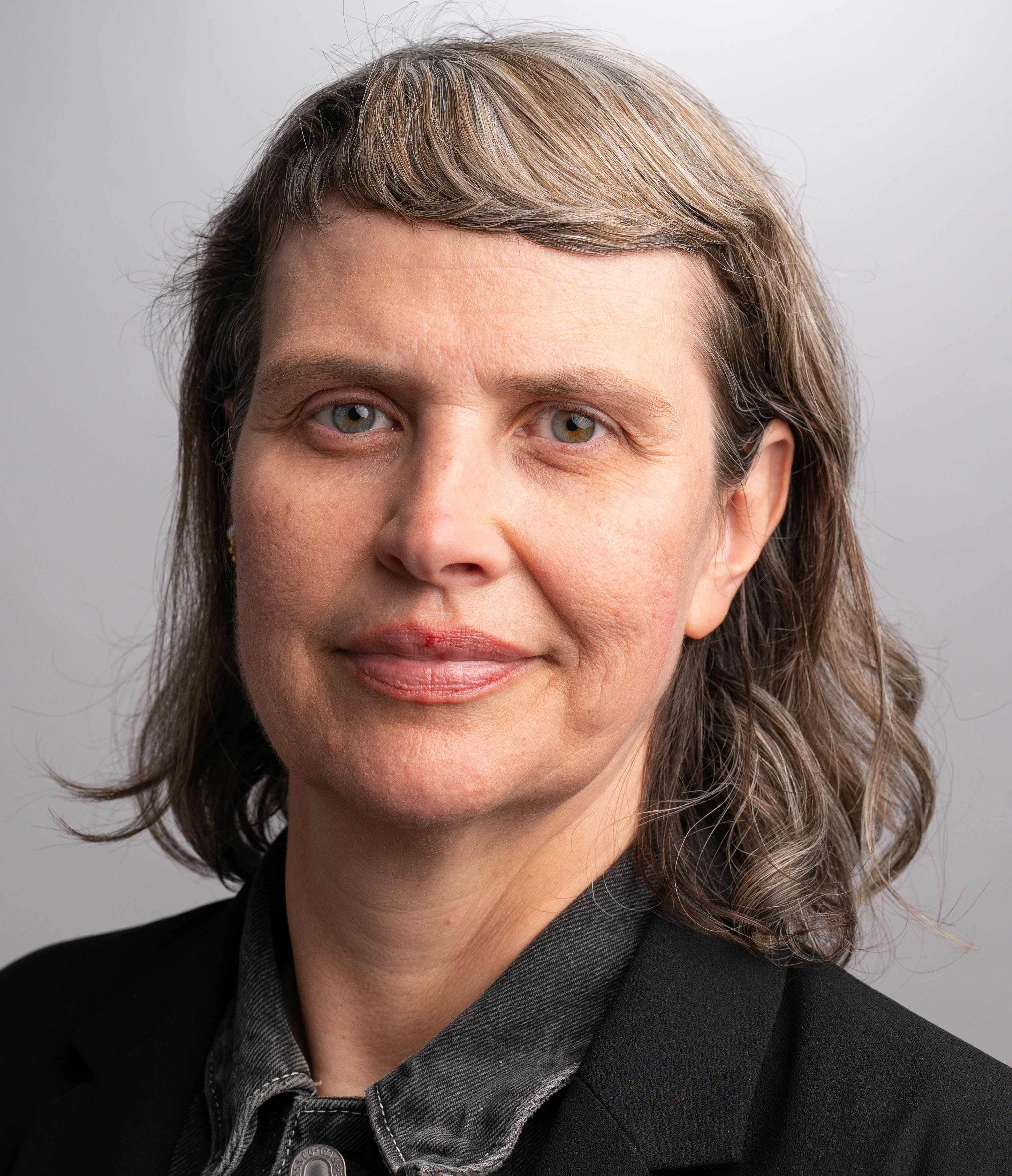Ajay Banga wants to build a “better” World Bank, one evaluated on its impact — how many people get a better job, how many carbon emissions are avoided because of work the bank does — rather than one measured on how many projects or dollars it provides.
“We’re trying to move from input to output,” the World Bank president said during a press briefing on Wednesday at the World Bank and International Monetary Fund’s (IMF’s) annual meetings in Marrakech.
Mr Banga said he would seek approval from the bank’s governors to redefine the vision of the bank to eradicate poverty, but on a liveable planet.
Although he spoke a lot about building a “better” bank, Mr Banga stopped short of pledging to stop financing fossil fuels. According to climate action groups, who are holding rallies and summits on the sidelines of the annual meetings in Marrakech, since the Paris Climate Agreement was signed, the World Bank has provided at least $14.8bn to fossil fuel projects.
In 2022 alone, an additional $3.7bn in World Bank trade finance went to oil and gas, they claim.
Mr Banga said climate change meant different things to the global south. “When you live in the global south, the definition [of climate change] is more about loss of biodiversity, less rainfall and soil degradation,” he said, rather than avoiding “carbon-intensive” growth.
Mr Banga said the bank would put 50% of its money into climate mitigation and 50% into adaptation against climate change.
But his words are unlikely to provide any assurances to climate action groups, who are planning protests on the final days of the World Bank and IMF meetings in Marrakech. On Friday, hundreds of climate activists led by NGOs such as Big Shift Global, Climate Action Network, Urgewald, and Friends of the Earth, will participate in a rally calling on the World Bank to stop funding fossil fuels as soon as possible.
The World Bank Action Day will put a spotlight on the billions of dollars that World Bank affiliates have spent on fossil fuels in the past few years, despite supporting the Paris Climate Agreement and its goal of limiting global warming to 1.5°C above pre-industrial levels.
NGOs will also hold a counter summit on Thursday in Marrakech, where speakers are expected to focus on the role played by the World Bank and the IMF “in exacerbating environmental injustice”.
Mr Banga said including the voices of women and young people should be an important part of the World Bank’s work moving forward. “We can’t move the world economy forward, if half the world’s population is watching from the sidelines,” he said.
To boost the additional lending capacity of the World Bank, Mr Banga said it is looking at a range of measures, including hybrid capital — the use of Special Drawing Rights where countries permit it — as well as a private sector investment lab, which will bring more money for renewable energy investments.
But in order to meet the demand for investment over the coming decades, Mr Banga said the World Bank needs a much bigger balance sheet. “We need to be a much bigger bank,” he said, adding that he would seek approval for such a bank from its shareholders over the coming months.
He said a “better” bank also meant a bank that was more efficient in its own processes and less siloed, which will require “deep cultural change”.
With the IMF and World Bank annual meetings being held on the African continent for the first time in half a century, Mr Banga said the opportunities for growth in Africa are second to none, but transporting goods across Africa is unbelievably complicated.
He spoke about the need for promoting intra-regional trade within Africa, and making vaccines and medicines “in Africa, for Africans” to prevent inequality in terms of access to vaccines by African countries, as witnessed during the recent Covid-19 pandemic.













